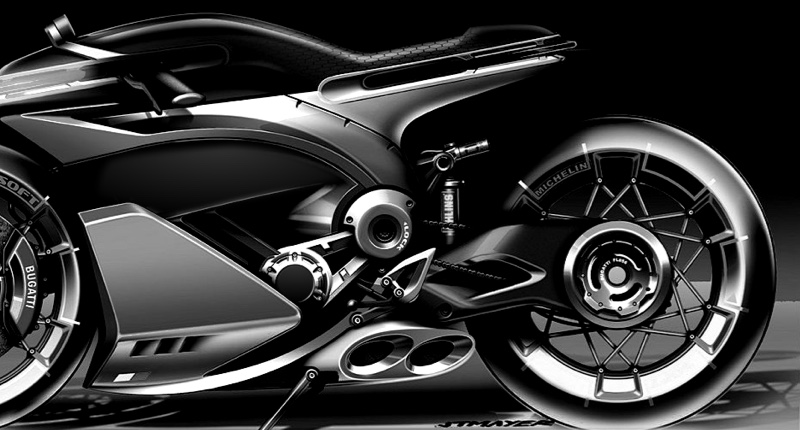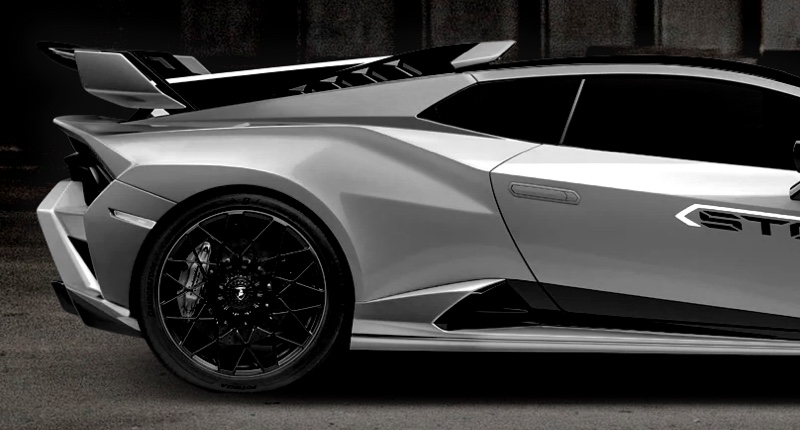how carbon fiber made | Supreem Carbon Expert Guide
- How Carbon Fiber Is Made: The Production Process
- What Are the Main Steps in Carbon Fiber Production?
- How Does Carbon Fiber Quality Affect Parts Performance?
- Why Is Carbon Fiber Expensive Compared to Other Materials?
- What Should Industrial Buyers Consider Before Purchasing Carbon Fiber Parts?
- How Has the Carbon Fiber Industry Evolved Recently?
How Carbon Fiber Is Made: The Production Process
Carbon fiber is made primarily from polyacrylonitrile (PAN), a precursor fiber, through a complex multi-step manufacturing process. The production begins with stretching and stabilizing PAN fibers, followed by high-temperature carbonization in an inert atmosphere up to 2,000–3,000°C. This process removes non-carbon elements, leaving tightly bonded carbon atoms arranged in a crystalline structure. The result is a fiber known for its exceptional strength-to-weight ratio and stiffness.
Manufacturers may also employ alternative precursors like pitch or rayon, but PAN is the industry standard, accounting for about 90% of global production. The finished carbon fiber is then woven or chopped into different forms for composite manufacturing.
What Are the Main Steps in Carbon Fiber Production?
- Spinning: Creating precursor fibers from PAN or other materials.
- Stabilization: Heating fibers in air at 200-300°C for chemical bonding.
- Carbonization: Heating fibers to 1000-3000°C in an inert atmosphere.
- Surface Treatment: Improving fiber adhesion to resin matrices.
- Sizing: Applying protective coatings for handling and compatibility.
How Does Carbon Fiber Quality Affect Parts Performance?
Carbon fiber quality is paramount. Higher tensile strength (typically 3.5 GPa to 7 GPa) and modulus (230–600 GPa) fibers produce lighter, stronger parts suited for aerospace, automotive, and sporting goods. Consistent fiber diameter and uniform surface treatment improve resin bonding, enhancing fatigue resistance and durability. Buyers should verify supplier data sheets and request certifications to ensure material meets application-specific requirements.
Why Is Carbon Fiber Expensive Compared to Other Materials?
The cost of carbon fiber remains high due to energy-intensive production, raw material costs, and specialized equipment. As of 2024, PAN-based carbon fibers cost approximately $15–25 per pound, significantly more than glass fibers. However, their outstanding strength-to-weight characteristics justify the investment in high-performance applications. Advances in manufacturing may reduce costs over time, with economies of scale as demand grows.
What Should Industrial Buyers Consider Before Purchasing Carbon Fiber Parts?
Industrial buyers should evaluate:
- Application Requirements: Mechanical properties, environmental resistance, lifetime.
- Fiber Type and Grade: Low modulus for flexibility, high modulus for stiffness.
- Matrix Compatibility: Ensure resin systems match fiber sizing for optimal bonding.
- Supplier Reliability: Certifications, quality control, lead times, and scalability.
- Cost vs. Performance: Balancing budget constraints with product demands.
How Has the Carbon Fiber Industry Evolved Recently?
The global carbon fiber market was valued at around $4.8 billion in 2023, with a compound annual growth rate (CAGR) expected at 10-12% through 2030. Innovations in precursor materials, recycling techniques, and automated manufacturing have expanded applications beyond aerospace into automotive, wind energy, and consumer electronics. Sustainable practices, including carbon fiber reuse and bio-based precursors, are gaining traction to reduce environmental impact.
As procurement specialists, staying updated on technological trends and market dynamics will help source superior carbon fiber parts aligned with future industry demands.

Supreem Carbon new arrivals released!

Ducati DesertX 2022 new arrivals!

New arrivals---Carbon Fiber Slam Panel Replacement for BMW M3 M4

Lighter and Stronger: The Benefits of Carbon Fiber Automobile Parts

Supreem Carbon New Motorcycle Carbon Parts Development Plan.

2020+ Toyota Supra A90 Carbon Fiber Engine Cover released!
For Facotry
How many monthly production capacity of the factory?
The average monthly production capacity reach 3000 pieces. With the equipment upgrade, it will be increased over 4000 pieces per month.
For Products
Supreem Carbon parts produce by 100% carbon?
Yes,all products are made from full carbon with dry carbon.
For Customized Service
What can be customized in addition to customized carbon fiber parts?
You can customize your company logo, packaging, even the color of coating and so on.
What custom customer need to prepare?
1. Send Your Design/Idea/3D drawing.
2. Supplier Quotation Confirmation.
3. Firts Sample Feedback.
For After-sales Service
How can I cancel the order?
We may only cancel your order if it has not been fulfilled yet. We would be more than happy to assist you with any adjustments if you'd wish instead!

Yamaha R1 Carbon Fiber Side Fairings
Introducing the Supreem Carbon Fiber Long Side Panels for Yamaha R1. Crafted with precision and expertise, this front side fairing is designed to elevate the performance and aesthetics of your R1. Made from high-quality carbon fiber, this fairing is not only lightweight but also incredibly durable, providing optimal protection for your motorcycle.

Ducati Monster 937 Carbon Fiber Rear Fender

KTM 1290 Super Duke R Carbon Fiber Rear Fender

Porsche GT3RS Carbon Fiber Full Sets Aerodynamics Kits
Let’s Bring Your Carbon Fiber Ideas to Life
Have a question or inquiry about our carbon fiber composite products? Leave us a message here, and our team will get back to you promptly.
Whether you're interested in custom orders, technical specifications, or partnership opportunities, we're here to assist you.
Please fill out the fields above with your name, email address, and message.
© 2024 Supreem Carbon All Rights Reserved.





Facebook
Pinterest
LinkedIn
Instagram